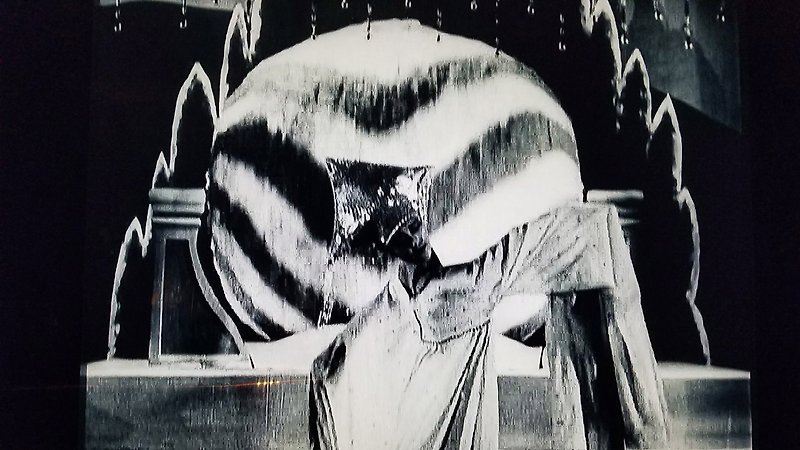
A Page of Madness remains one of the most radical and challenging Japanese films.
Screened as part of NZIFF 2004
A Page of Madness 1926
Kurutta Ippeiji
One of the lost greats of Japanese (and international) cinema makes a stunning return to the big screen in this special presentation accompanied live by In The Nursery, the Sheffield-based musical project centred around twin brothers Klive and Nigel Humberstone. In The Nursery have released more than two dozen albums between 1981’s When Cherished Dreams Come True and the current Praxis. Their music has been used on numerous film soundtracks, and some notable ads and trailers (Interview with a Vampire, The Sweet Hereafter, TV’s La Femme Nikita). ITN have spent the last eight years developing their Optical Music Series, new scores for classic silent films. Typically their score for A Page of Madness combines the latest music technology with traditional Japanese instrumentation and percussion.
“Teinosuke Kinugasa’s mind-boggling silent masterpiece of 1926 was thought to have been lost for 40 years until the director discovered a print in his garden shed. A seaman hires on as a janitor at an insane asylum to free his wife, who’s become an inmate after attempting to kill herself and her baby. The film’s expressionist style is all the more surprising because Japan had no such tradition to speak of; Kinugasa hadn’t even seen The Cabinet of Dr Caligari when he made this. Yet the rhythmic pulsation of graphic, semiabstract depictions of madness makes the film both startling and mesmerizing.” — Jonathan Rosenbaum, Chicago Reader
“A Page of Madness bowls you over with a barrage of startling images utilising every technique in the book known to filmmakers of the time… Even now, Kinugasa’s film seems as fresh as a daisy and, when seen on the big screen, as eye-popping an experience as anything you’re likely to see.” — Jasper Sharp, Midnight Eye